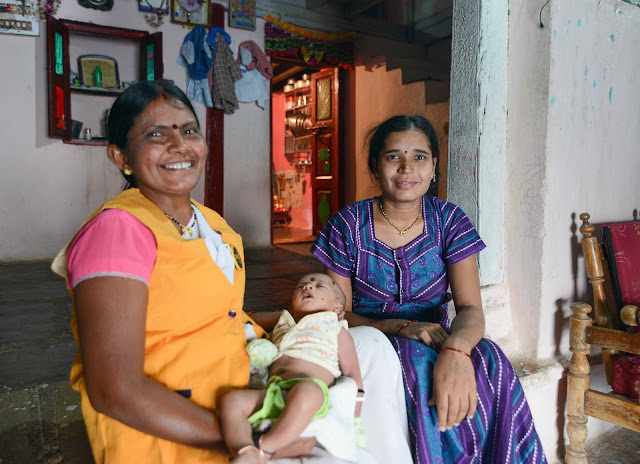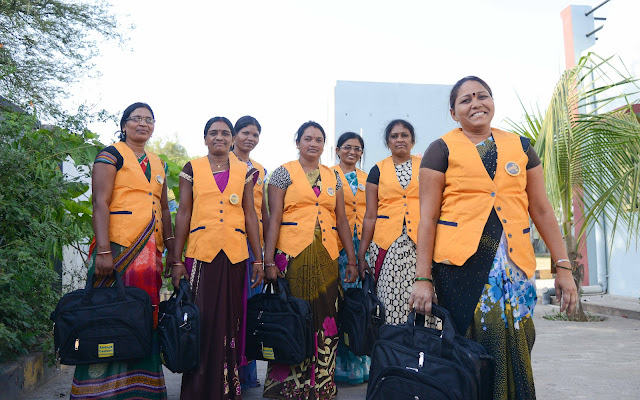The relationship between health & prosperity has been established in the past by multiple commissions, including the WHO Commission on Macroeconomics and Health (2001) which determined that
- Disease reduces the number of years of healthy life expectancy & productivity. While the loss of time & money owing to limited access to healthcare & expensive alternatives affects economic well-being, the cumulative losses on the economy due to shortened life expectancy & chronic disabilities is enormous.
- Societies with high infant mortality rates & child mortality rates tend to have more children to offset the losses. Consequently, the burden of health & education of these children is challenging & often pushes families deeper into poverty.
- Business & infrastructure investment is severely impacted if enterprises are plagued with diseases & ill health.
India today towers over most of the world as the fifth largest economy & has been consistently achieving an annual growth rate of 6-7% over the past decade. However, for this growth to be sustainable, it is imperative that the health of its citizens is also well taken care of. As per the Human Development Index, India is ranked 129 among 182 countries, a dismal show for a country that has high economic aspirations.
Enabling Access to Healthcare
The key is access to healthcare. In Rural India, fewer healthcare professionals translate into poor health services. Although around 66% of India's population lives in the rural hinterland, they have access to only 40% of the 2 million healthcare professionals. Enhanced access, while allowing for communities to receive preventive & curative health services, also allows for them to be made aware about better health. This translates into a sustainable approach that is proactively driven by the community itself, resulting in health initiatives such as making villages Open Defecation Free or enabling access to clean drinking water.
Rakhi and over 350 other Sakhis trained by ACF as frontline health workers act as a critical bridge in providing healthcare access to families in villages, including Maternal, Child & Adolescent Health Care. Even amid the current situation, ACF's Health Sakhis have been helping Government staff to organize Village Health & Nutrition Days at its villages & providing awareness about COVID-19 through various Audio/Video messages, distributing masks and sanitizers, all the while also ensuring regular health care needs are being met.
Being from the community itself these women gain the trust and respect of the community and act as health ambassadors in mobilising support for various health initiatives. Helping remove taboos about modern healthcare, they enable the fight against communicable & non communicable diseases through early detection screenings & diagnostics, counselling, & access to affordable treatment. Moreover, they also catalyse various curative & health promotion initiatives such as Health Clinics, & Specialty Health Camps at a community level to improve sanitation, hygiene and discourage smoking.
Furthermore, ACF has also been equipping rural youth with nursing schools through its skilling centres (SEDI). To date, over 3380 General Duty Nursing Assistants - 2728 women and 655 men, have passed out of these centres & are gainfully employed. Many of these men & women are today at the frontlines of India's war against COVID-19.
Health is Wealth
As is evidenced in the rise of Asian nations such as South Korea, China, Malaysia & Thailand, stellar economic performance is preceded by improvements in health indicators. This prosperity can also be realised by India by making its communities more resilient. Improving access to healthcare will be key in pushing this great country out of poverty into prosperity.





.jpg)




0 Comment